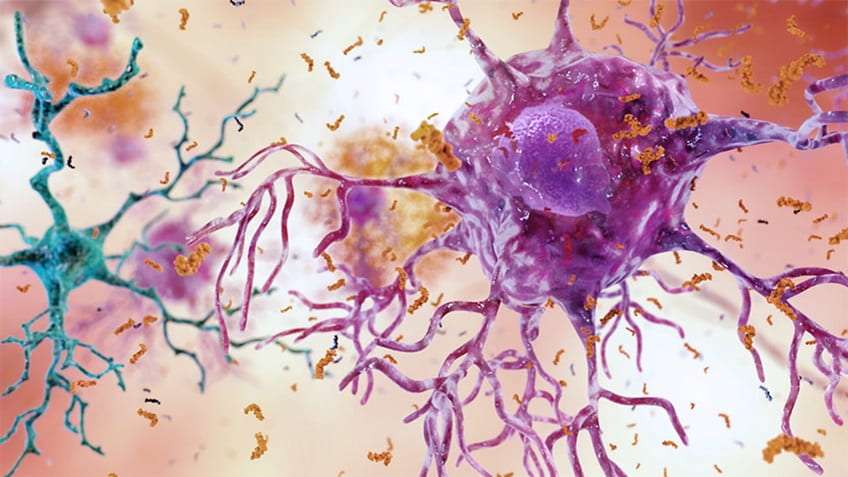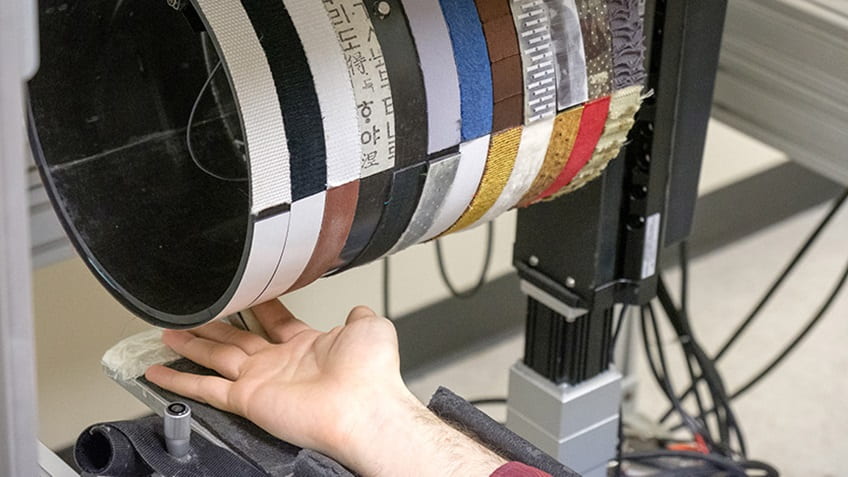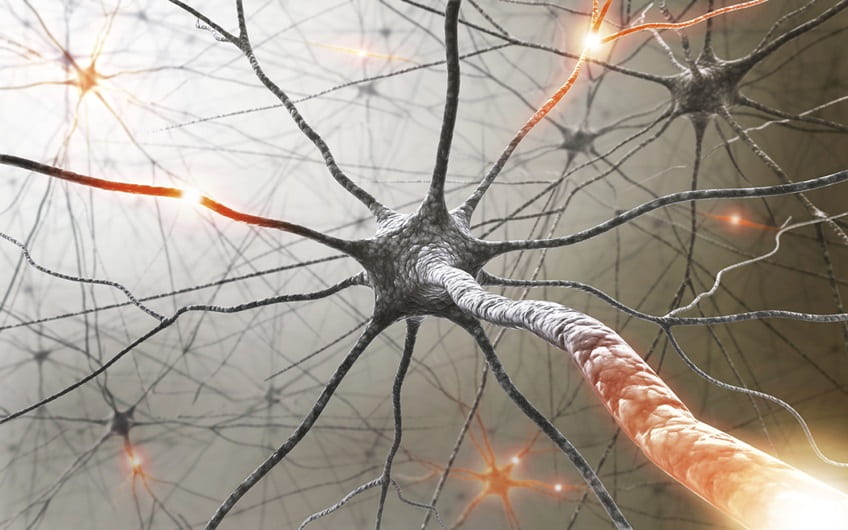
by Natalie Young | May 16, 2019 | Neuroscience
Researchers at the University of Chicago have demonstrated that the type of bacteria living in the gut can influence the development of Alzheimer’s disease symptoms in mice. The study, which will be published this week in the Journal of Experimental Medicine, shows...

by Natalie Young | Mar 6, 2019 | Cancer
An estimated 15 to 20 percent of all breast cancer patients are “triple negative.” These unfortunate women lack three crucial treatment targets — the estrogen receptor, the progesterone receptor and human epidermal growth factor receptor 2. Because they...

by Natalie Young | Feb 8, 2019 | Neuroscience
Our hands and fingertips are amazingly sensitive to texture. We can easily distinguish coarse sandpaper from smooth glass, but we also pick up more subtle differences across a wide range of textures, like the slick sheen of silk or the soft give of cotton. Information...

by Natalie Young | Feb 6, 2019 | Cancer
Cancer immunotherapy—an approach that removes the barriers that protect cancer cells from a patient’s immune system—has revolutionized the treatment of many cancer types. About 40 percent of melanoma patients, for example, respond to immunotherapy, enabling the immune...

by Natalie Young | Jan 17, 2019 | Neuroscience
A small molecule, Sephin1, may be able to significantly delay harm to nerve cells caused by multiple sclerosis, a disabling immune-mediated disease that damages nerve fibers in the brain and spinal cord. These nerve fibers are wrapped in a sheath of fatty tissue...






